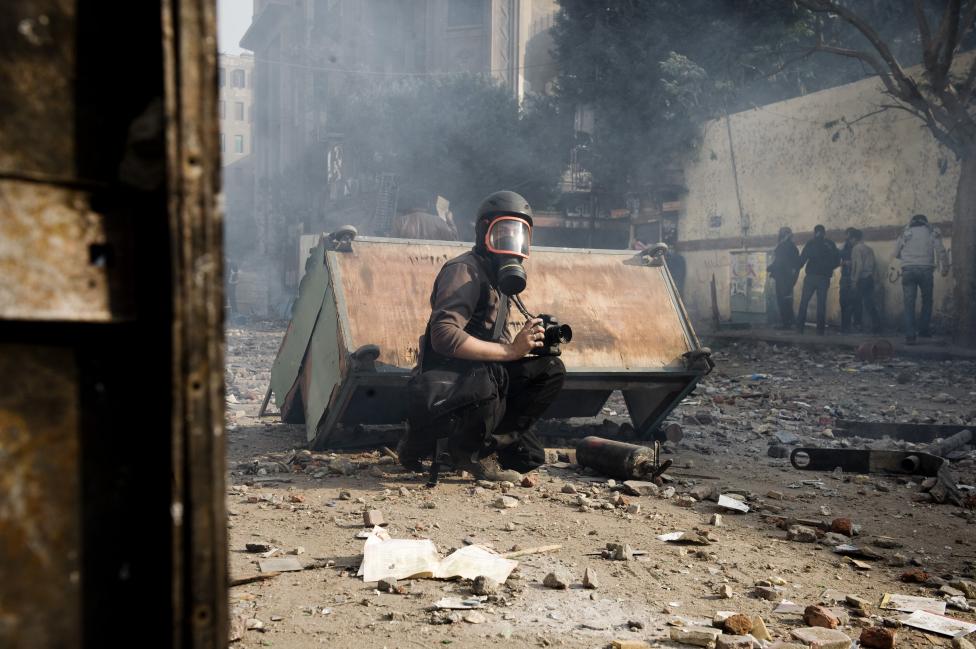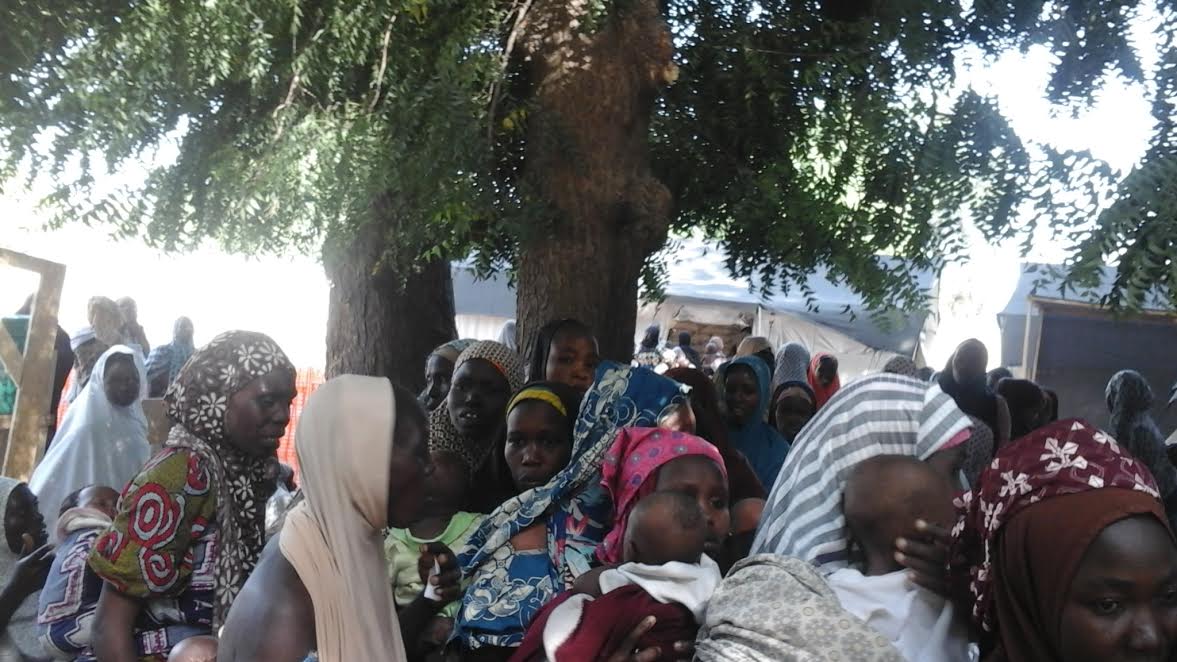French photographer Remi Ochlik is seen in this picture taken in Cairo, Egypt, on November 23, 2011. French photographer Remi Ochlik and American correspondent Marie Colvin were killed on February 22, 2012 in the besieged Syrian city of Homs when rockets fired by government forces hit the house they were staying in, opposition activists and witnesses said. At least two other journalists and possibly more were wounded in the attack, the Syrian Network for Human Rights said. Colvin and Ochlik were both prize-winning veterans of wars in the Middle East, Asia and elsewhere. REUTERS/Julien de Rosa/Handout
Zainab Bangura, special representative of the UN secretary-general, said when stripped of the cover of politics and religion, “terrorism is business”.
Bangura told the security council ‘open debate on trafficking in persons in situations of conflict’ that terrorism has taken new and previously unseen dimensions and threats.
“These include the use of sexual violence as a tactic of terrorism by groups that traffic their victims internally and across borders, in the pursuit of profit,” she said.
“Seen through this lens, sexual violence represents the very frontline in our battle against violent extremism because it is a battle being waged on – and over – the bodies of women and girls.
Advertisement
“To disrupt human trafficking is to help disrupt the business of terrorism.
“This is critical because when stripped of the veneer of politics and the mystique of religion, we see that the business of terrorism is business.
“It is profitable crime under the cover of war.
Advertisement
Bangura said extrmists’ groups invariably restrict women’s rights, autonomy and freedoms through their reign of terror.
“Indeed, the same litany of horrors echoes across the accounts of Nigerian girls who have fled the grip of Boko Haram, Somali women liberated from Al-Shabaab, and women in Northern Mali who languish in the shadow of Ansar Eddine,” she said.
She gave horrible accounts of many incidences about selling women and girls.
“There is also the Sheikh in Raqqa who wrote his name on the palm of a Yazidi girl during the ‘purchasing’ process to brand her as his ‘property’,” she said.
Advertisement
“There is the militant in Mosul responsible for buying and selling girls along with guns and rocket-propelled grenades.
“And there are women like Umm Sayyaf, who helped to enforce sexual slavery, and Doctor Nawal, who carried out virginity tests and forced abortions at the behest of Da’esh.
“Doctor Nawal was even injecting young girls with hormones, to accelerate their maturation and readiness for sale into sexual slavery.”
She said these atrocities are motivated as much by commercial as by ideological concerns adding, they are not isolated incidents.
Advertisement






